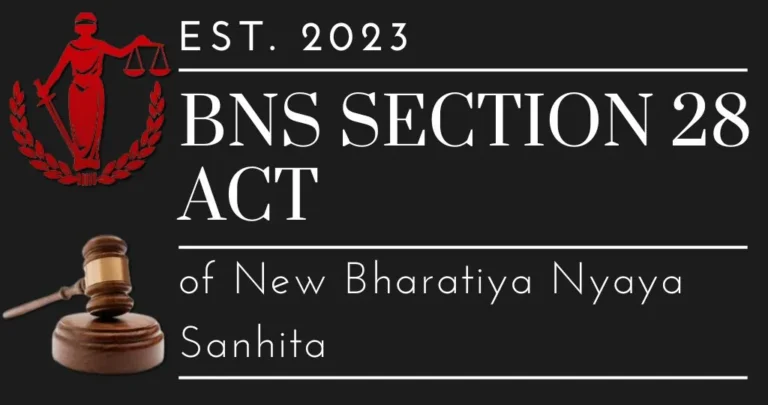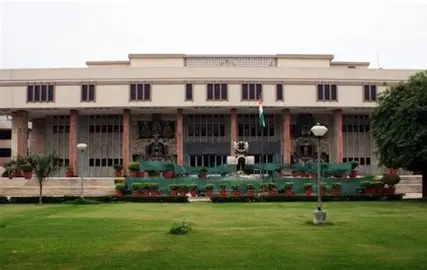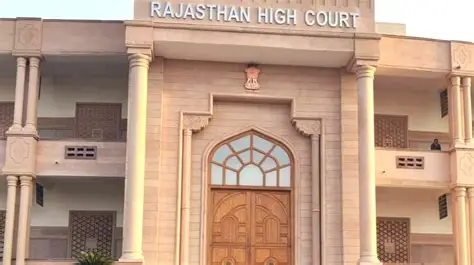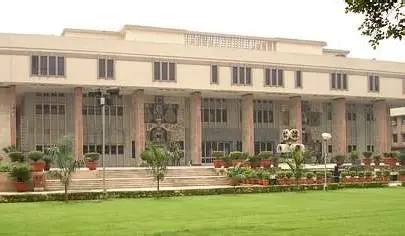
Should Advocates Convicted of Contempt Be Allowed to Practice
Whether Contempt-Convicted Advocates Should Practice or Not
Summary of Contempt and Court’s Role (Contempt of Court Act and Judicial Supervision)
In the current case, the Supreme Court had to contend with the challenging problem of whether or not a contempt-convicted advocate ought to be entitled to practice law. According to the Contempt of Courts Act, 1971, contempt refers to any act that lowers the dignity of the court or interferes with the judicial process. Contempt powers, based on the Constitution, are exercised to uphold the dignity of the court and maintain orderly judicial proceedings. In this case, the court evaluated the behavior of an advocate who boldly challenged judicial authority, questioning the boundaries of professional privileges for individuals who undermine the integrity of the court.
For More Updates & Regular Notes Join Our Whats App Group (https://chat.whatsapp.com/DkucckgAEJbCtXwXr2yIt0) and Telegram Group ( https://t.me/legalmaestroeducators ) contact@legalmaestros.com.
Relationship Between the Right to Practice and Contempt (Article 19(1)(g) and Professional Ethics)
The case highlighted the difference between the constitutional right to practice a profession under Article 19(1)(g) and the ethical requirements of the legal profession. Although Article 19(1)(g) establishes a basic right to engage in any profession, the right is subject to reasonable restraints, particularly where public interest is concerned. The Supreme Court reaffirmed that professional misconduct or contemptuous conduct may justify limiting an advocate’s right to practice because allowing such individuals who disrespected the dignity of court could jeopardize the justice system.
The Role of Bar Councils in Regulating Conduct (Bar Councils and Disciplinary Authority)
The court also elucidated that although the Bar Councils of India and the states have the initial authority to manage professional behavior, courts can further impose restrictions if the behavior of an advocate disturbs court proceedings. Based on earlier judgments like Supreme Court Bar Association v. Union of India, the court reaffirmed that it had the authority to disbar an advocate from practicing in courts for protecting judicial integrity, irrespective of whether the Bar Council adopts or not a disciplinary measure. Such power is vital for keeping an advocate accountable to the judicial process.
Earlier Judgments Upholding Judicial Power over Advocate Behavior
This decision cited pivotal judgments, reaffirming the judiciary’s ability to monitor advocate conduct. In Pravin C. Shah v. K.A. Mohd. Ali, the court decided that an advocate who was guilty of contempt may be debarred from appearing in court. Likewise, R.K. Anand v. Registrar, Delhi High Court reaffirmed that the judiciary could curtail an advocate’s right of practice to stop additional harm to the court’s process. These instances prove that contempt by an advocate does not just hurt specific cases but jeopardizes the public trust in the judiciary system.
Conclusion: Balancing Rights and Responsibilities of Advocates
The Supreme Court concluded that the role of the advocate in the legal system calls for more rigorous standards of conduct. The ruling stressed that advocates should have respect for judicial authority and that their privilege to practice must be coupled with a commitment to maintain court dignity. By limiting advocates guilty of contempt from appearing before courts, the judiciary can safeguard its integrity while ensuring that only those who maintain professional standards serve in the legal system.






